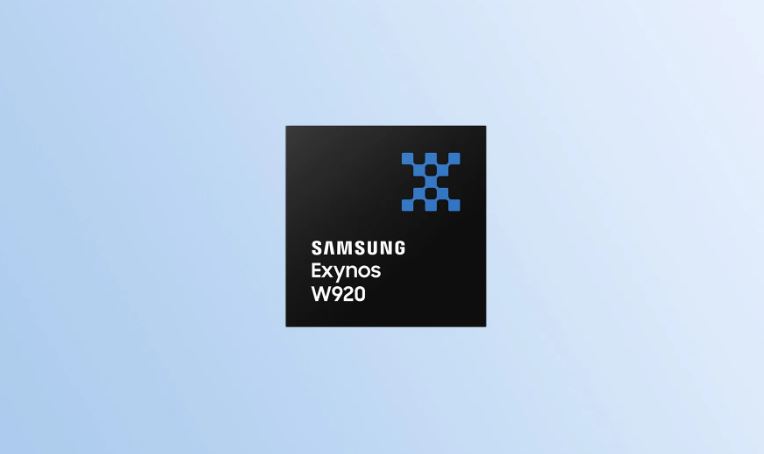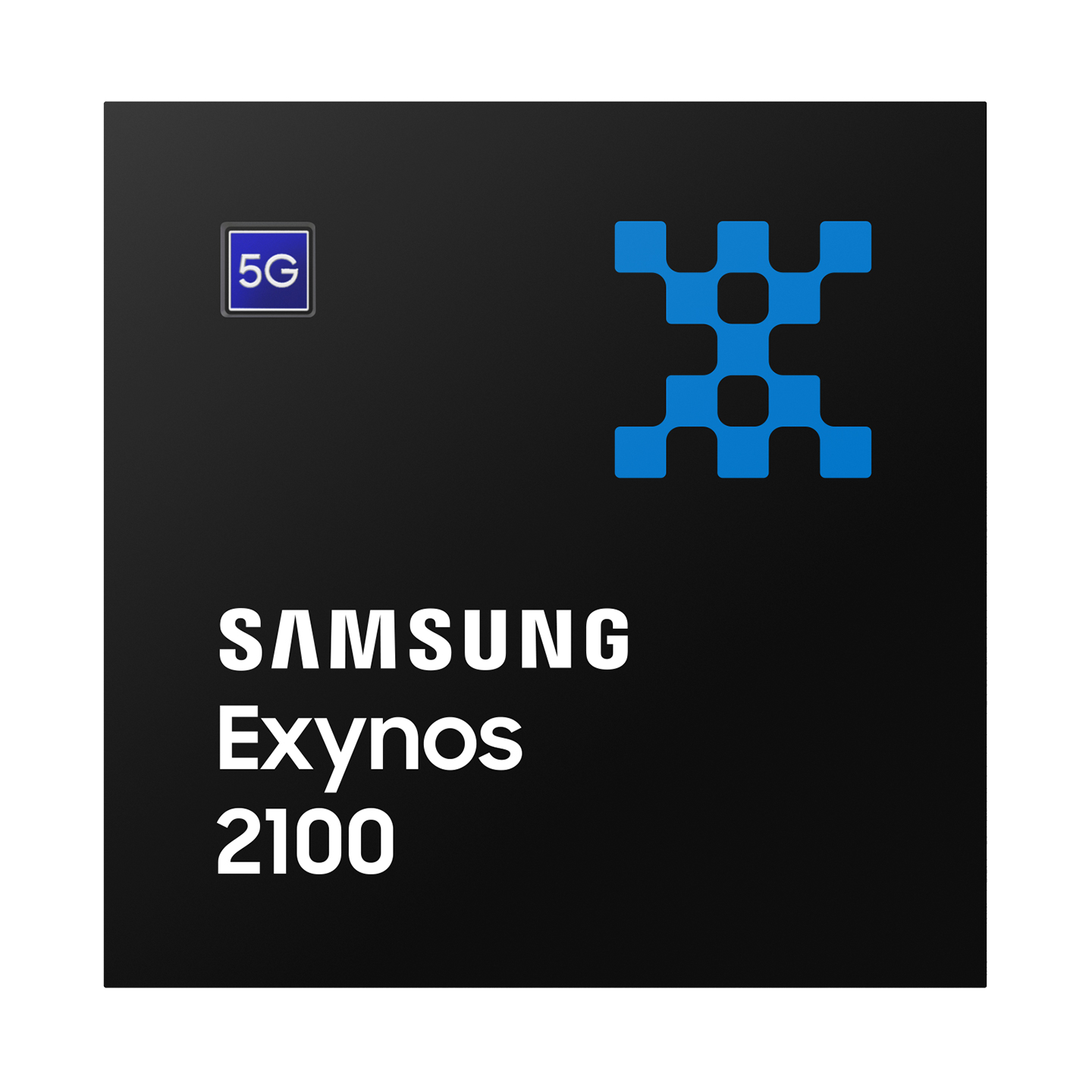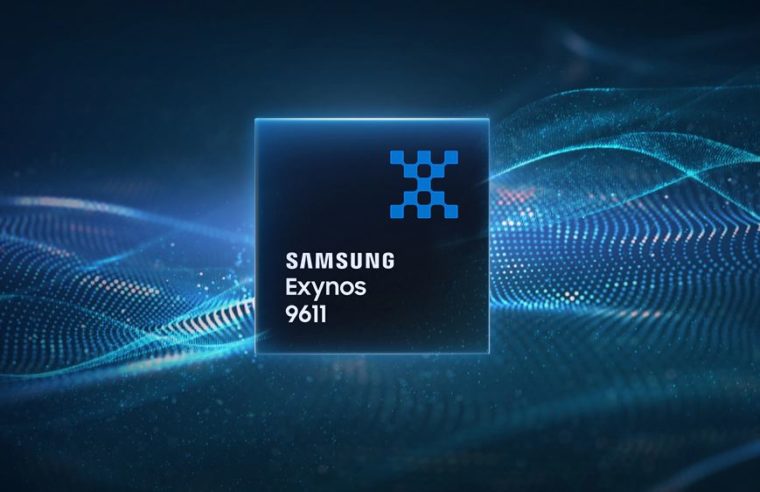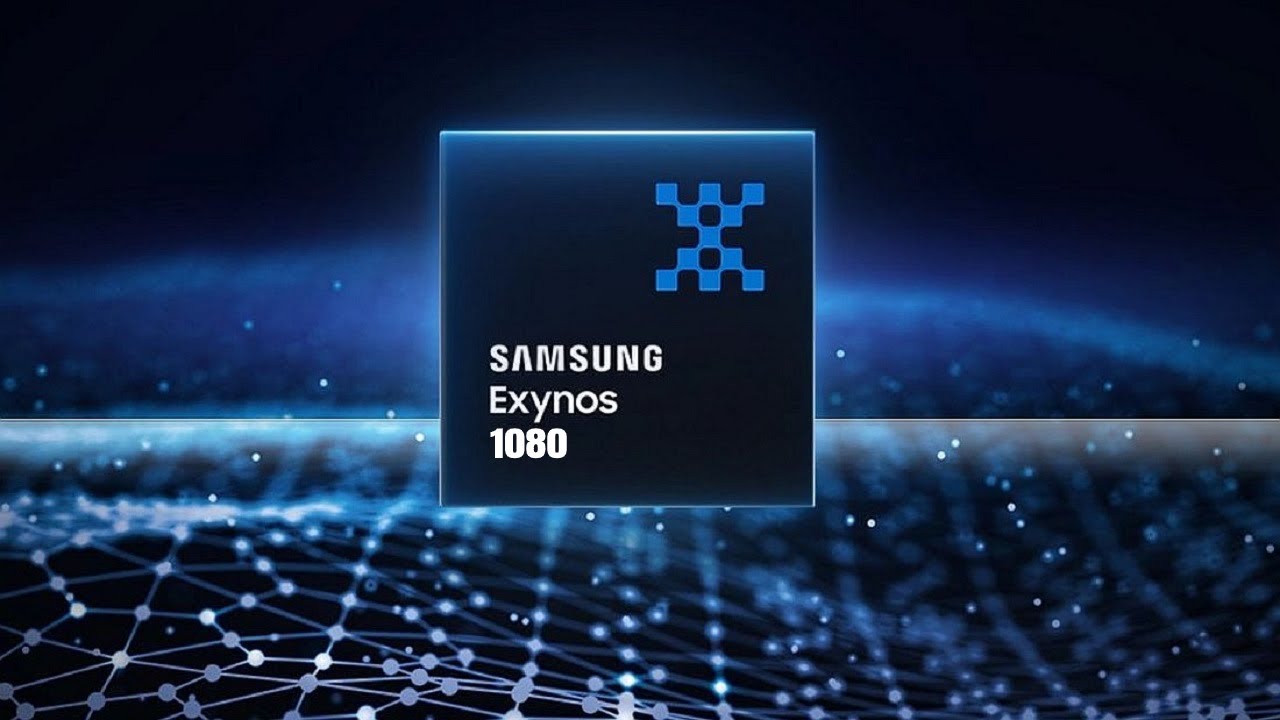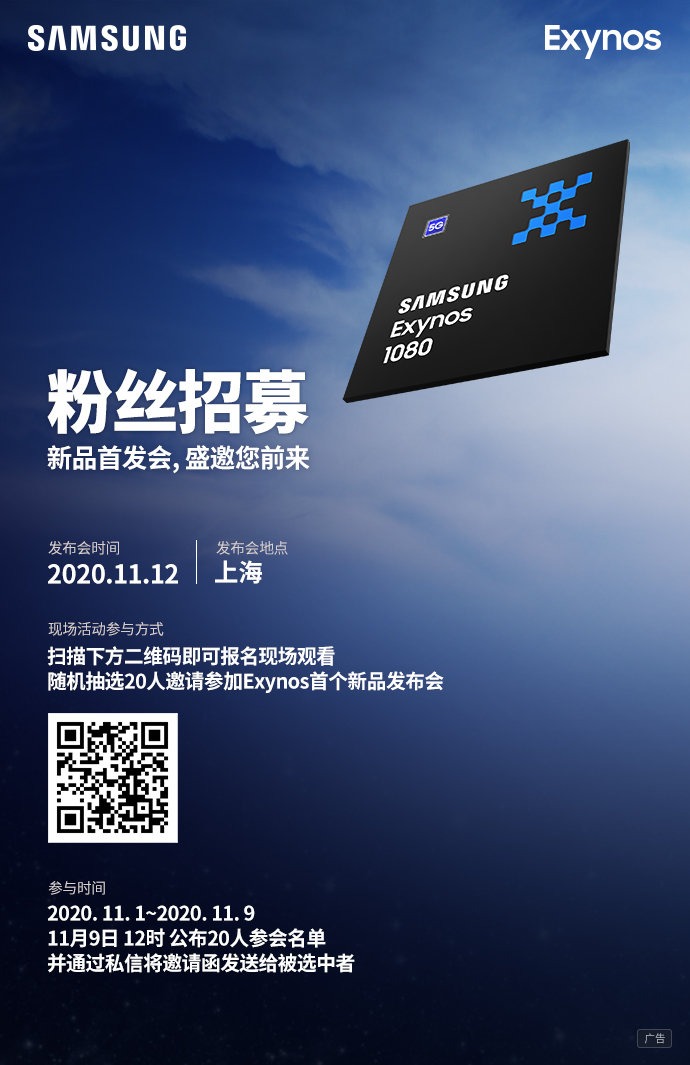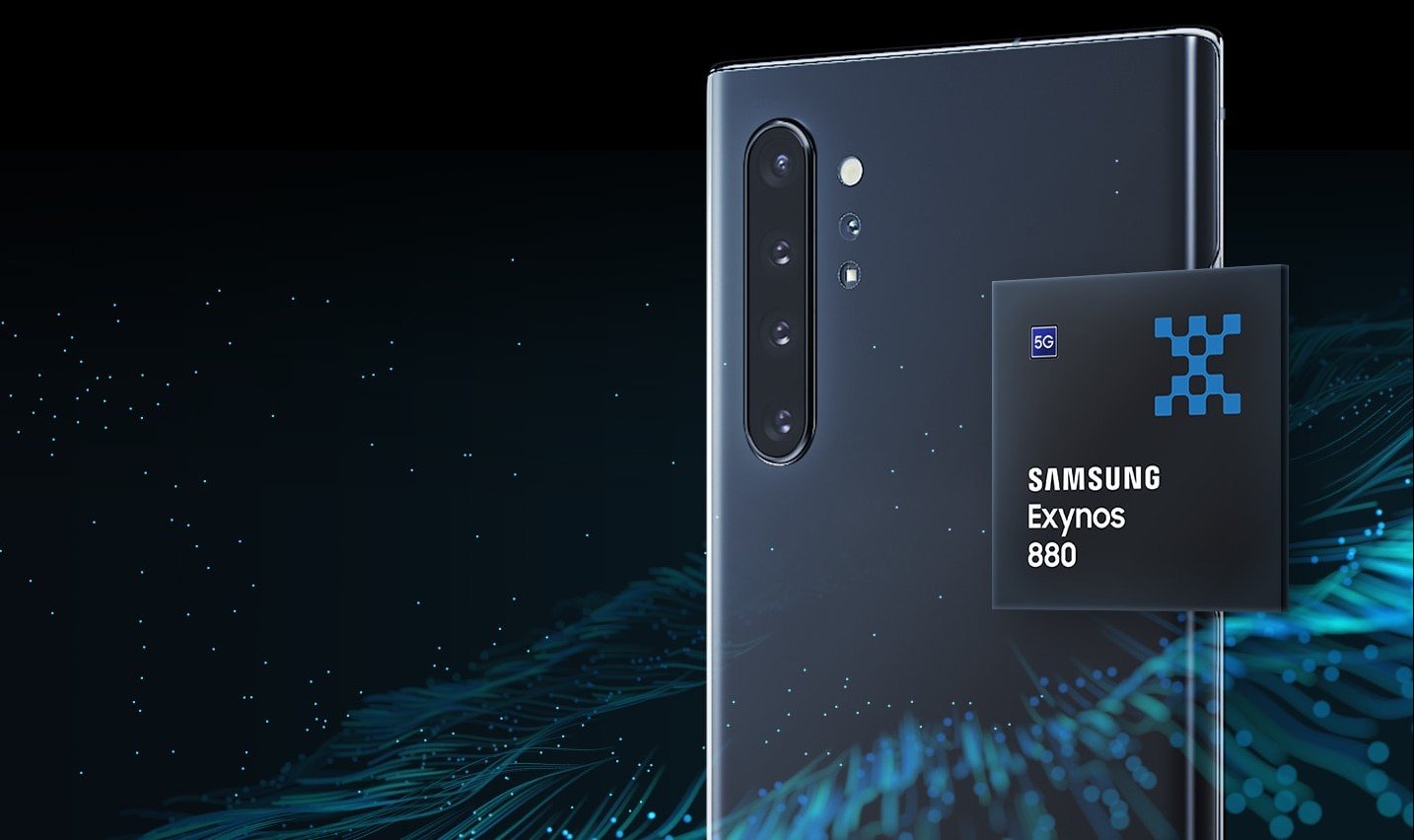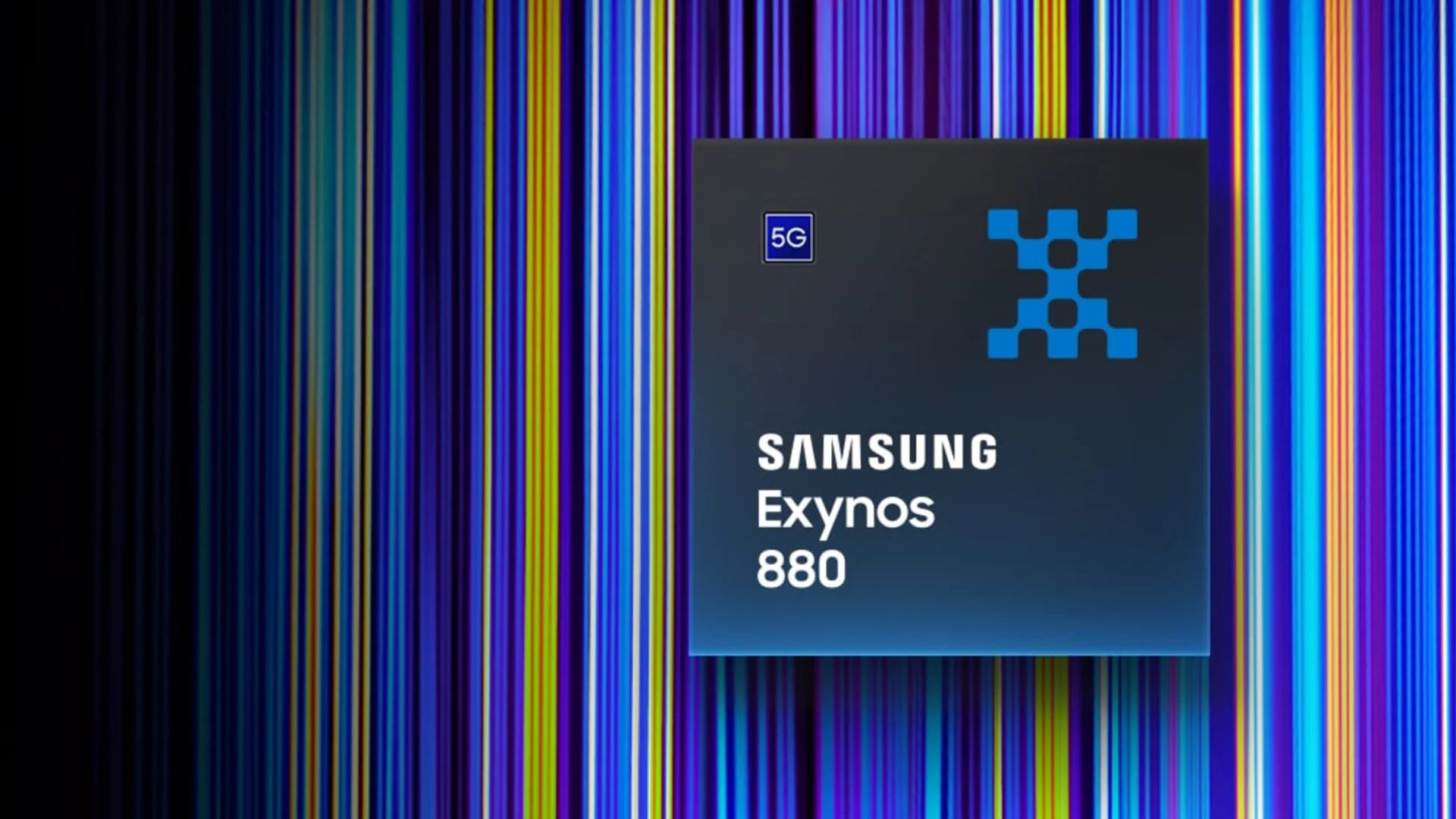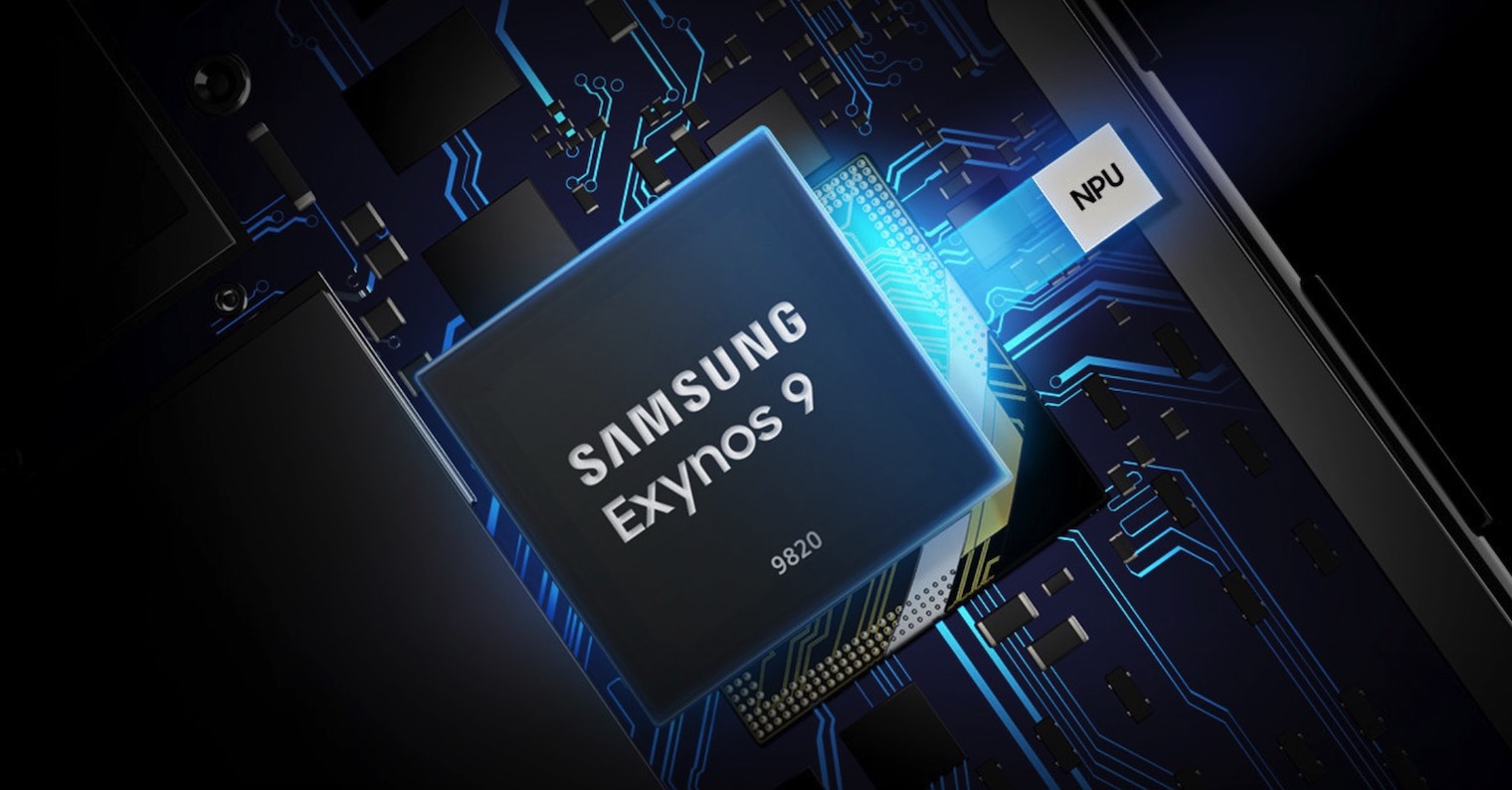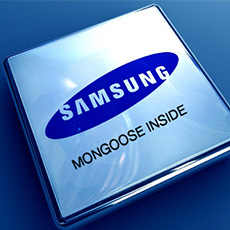Samsung has not bought a major company since 2016, when it was acquired Harman International for approximately $8 billion. It's not like he doesn't have the means. It has over $110 billion in cash in the bank. He wants to spend that money as well, as he has repeatedly stated in the past few years that he wants to accelerate his growth. And it is ideal through various acquisitions.
Samsung also said it sees the future engine of its growth in its semiconductor business. There have been several rumors and reports about the possible purchase of Texas Instruments and Microchip Technologies. But the South Korean giant focused on acquiring the company NXP Semiconductors. When the news first broke, NXP was valued at nearly $55 billion. Samsung was also interested in NXP because it wanted to strengthen its position in the semiconductor market for the automotive industry, where there is now a critical shortage. But given that the price of NXP eventually rose to almost 70 billion dollars, Samsung reportedly abandoned this idea.
When rumors circulated in 2020 that several companies were interested in acquiring ARM, Samsung's name appeared among them. Given the conglomerate's semiconductor ambitions, ARM would be a great fit for Samsung. At one point, there were even reports that even if Samsung didn't buy the company, it could at least get a stake in ARM a significant share. But that didn't happen in the final either.
In September 2020, NVIDIA then announced that it had entered into an agreement to acquire ARM for $40 billion. And if you don't know, ARM is probably one of the most important chip manufacturers in the world. Its processor designs are licensed by most major companies, many of which even compete with each other, including Intel, Qualcomm, Amazon, Apple, Microsoft and yes, Samsung too. Its own Exynos chipsets use ARM CPU IPs.
You could be interested in
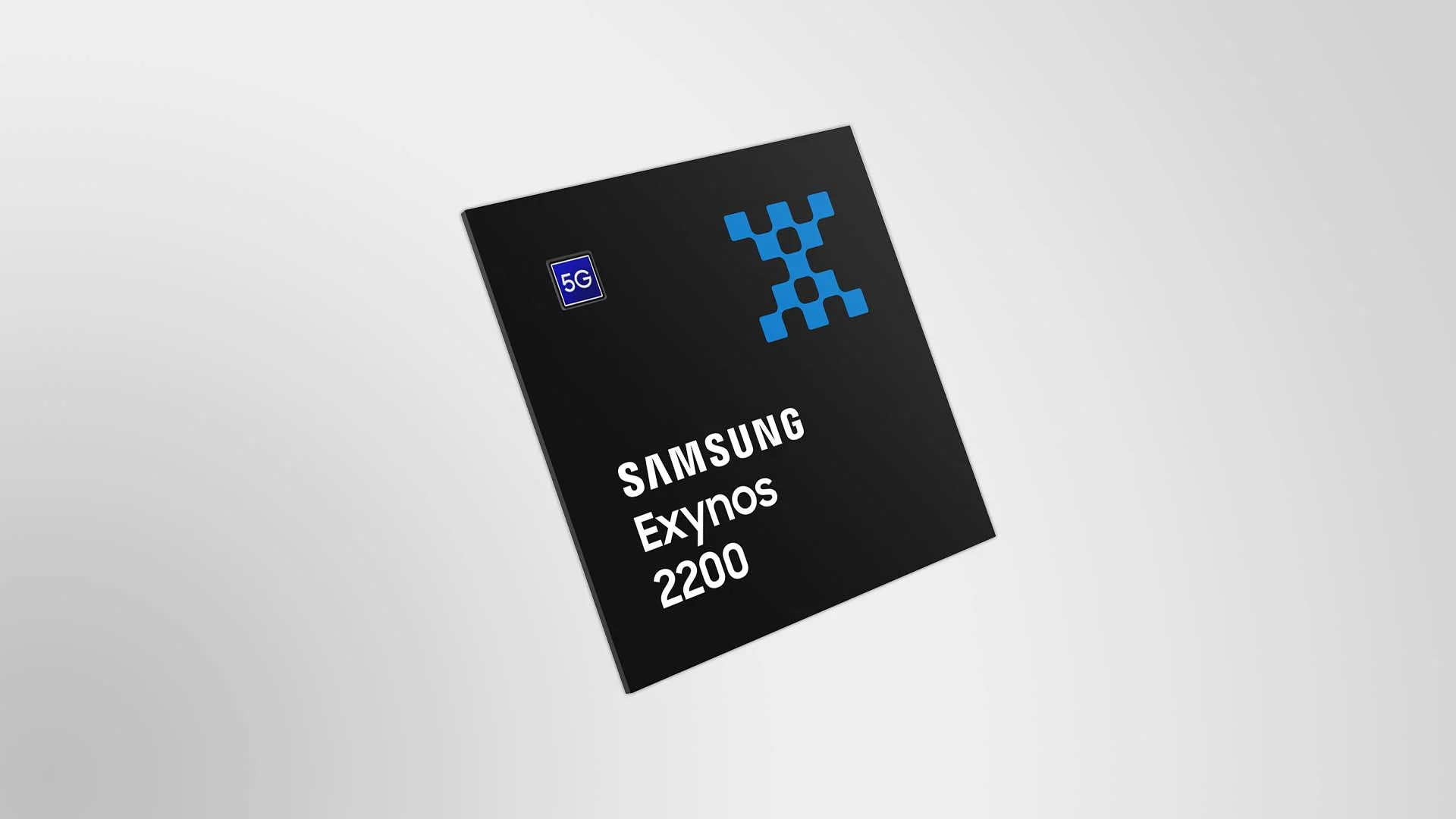
The end of NVIDIA's dream
It was supposed to be one of the largest transactions in the semiconductor industry. At the time, NVIDIA expected the transaction to close within 18 months. That hasn't happened yet, and now there's also news that NVIDIA is going to walk away from that deal to buy ARM for $40 billion. Shortly after the planned transaction was announced, it was clear that the deal would face an investigation. In Great Britain, where ARM is based, last year there was a separate security investigation regarding the acquisition an antitrust investigation was also initiated all possible transactions.
The US FTC then filed a lawsuit to block this transaction due to concerns that it would harm competition in key industries such as not only car manufacturing but also data centers. It was expected that China will also block the transaction, if it did not eventually happen from other regulatory bodies. Deals of this magnitude are never without some resistance. In 2016, Qualcomm also wanted to buy the already mentioned NXP company for $44 billion. However, the transaction fell through because Chinese regulators opposed it.
Many of ARM's high-profile clients reportedly provided enough information to regulators to help scuttle the deal. Amazon, Microsoft, Intel and others have argued that if the deal goes through, NVIDIA won't be able to keep ARM independent because it's also a client. This would make NVIDIA both a supplier and a competitor to other companies that buy processor designs from ARM.
Vicious circle
SoftBank, the company that owns ARM, is now "stepping up preparations" for ARM to go public through an initial public offering, as it wants to get rid of its stake profitably and needs to realize a return on its investment in ARM. If it can't do it through an outright acquisition (which it doesn't look like right now), it can at least take ARM public. And this is where Samsung's options open up.
So if an outright acquisition doesn't go through, this could be an ideal opportunity to buy at least a significant stake in ARM. However, in this case, the door is not closed even for the first options, as Samsung could use its position in the industry and the good reputation it has acquired through investments in major countries to achieve a favorable outcome. Recently announced the construction of the factory $17 billion in chip manufacturing in the United States, and is improving its own as well trade ties to China.
Even so, there is one major "but". Qualcomm would certainly raise that. The latter obtains CPU IP for processors from ARM. If the deal goes through, Samsung will effectively become a supplier to Qualcomm, selling it a core component of its Snapdragon chipsets, which directly compete with Samsung's Exynos processors.
You could be interested in
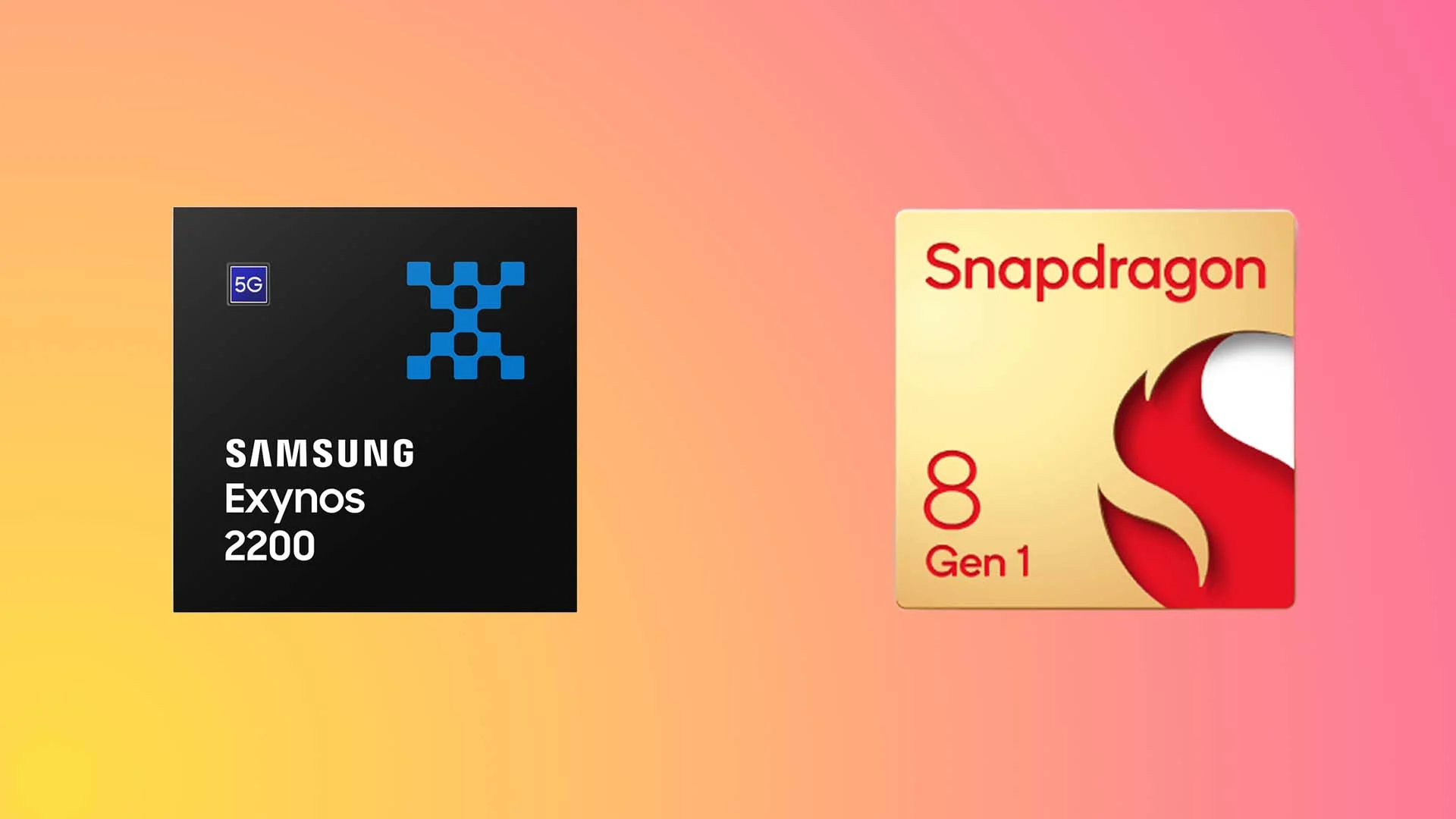
How to get out of it?
So could at least acquiring a significant stake in ARM work? That would really depend on what Samsung wants to achieve with such an investment, especially if it wants to have control over the company's management. Owning a smaller percentage of the company wouldn't necessarily give him that level of control. In that case, spending several billion dollars to acquire ARM stock might not make much sense.
There's no guarantee that even if Samsung were to make an ambitious takeover bid for ARM, now that NVIDIA is close to abandoning the planned deal, it wouldn't run into the same hurdles. Perhaps this very possibility could prevent Samsung from taking any action at all. It will be very interesting to see if Samsung actually makes a move. It would have the potential to shake up the entire semiconductor industry.
